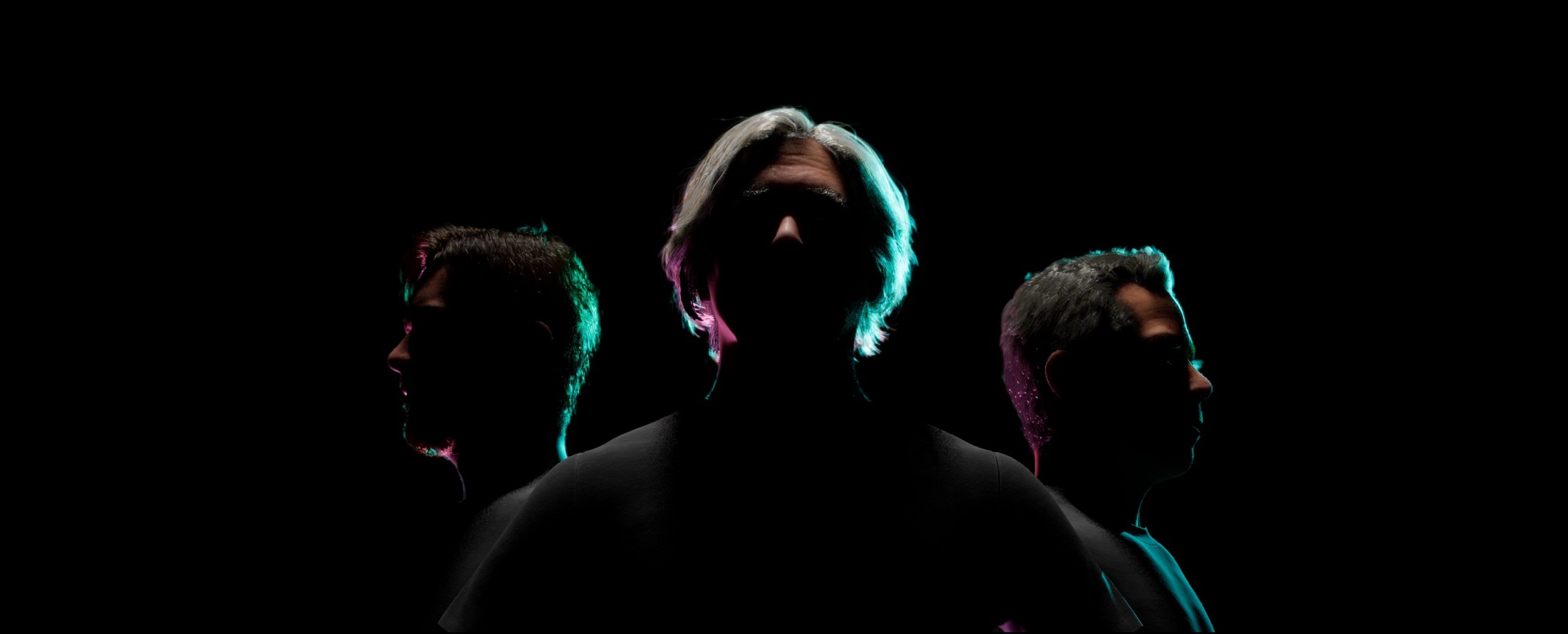Our fourth album, Games of the XXI Olympiad turns ten in 2024 so we’ve celebrated with a series of remastered releases.
Here’s some background on the 1976 Montreal Summer Olympic Games, as well as the making of the LP.
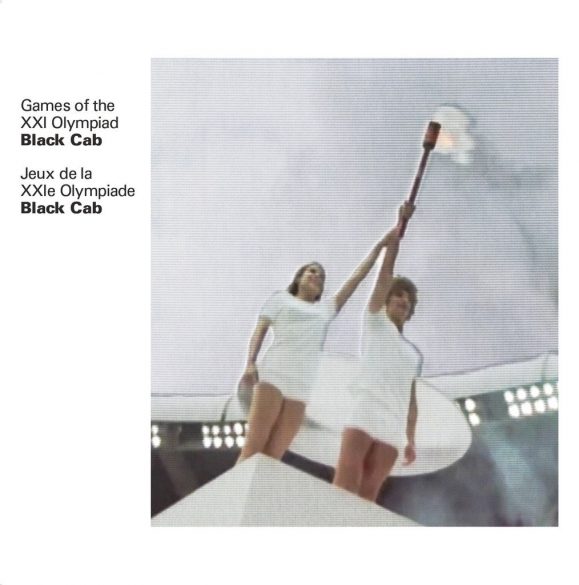
The games…
The 2024 Paris Games kicked off in July, but they had nothing on the madness of the 1976 Montreal Games which featured state sponsored doping of East German athletes, a 29 country boycott, no gold medals by the Australian or host country teams, an opening ceremony held in an unfinished stadium, and an event which left Montreal deep in debt for thirty years. The East German team simply dumped their used doping equipment and serums into the St. Lawrence river, with syringes popping up downstream for weeks.
The reissues…
The making of…
We started work on Games around 2011 after disbanding the heavier guitar lineup of Call Signs and Altamont Diary. We’d felt we’d gone about as far as we could with that sound, and the electronic sounds of newer songs like Sexy Polizei and Combat Boots just didn’t work as well when buried under live guitars. James and I wanted to go much deeper into electronic music, so we teamed up with electronic keyboard and sequencer wizard Steve Law to write a bunch of new songs down the coast over a long weekend in 2012, making heavy use of Steve’s wonderful rig of analog synths. Many key album tracks, like Supermädchen, Kornelia Ender and Go Slow started here, while a few tracks like My War, Victorious and Problem Child were reworked heavily, having been performed under different working titles by the old line-up.
We then worked with some great local and international engineers (Death in Vegas’s Tim Holmes, local legend Simon Polinski) to bash the new tracks into shape with varying success, but it wasn’t until we started playing the new songs live that they fell into place. We did a bunch of shows at a great but now long gone venue in central Melbourne called Shebeen and the tracks and set as a whole really began to come together. Shebeen was like an underground bunker and had great Berlin nightclub vibes. By then we’d added Wes Holland on drums who brought great rock energy to the mostly electronic sounds. At an abortive Cab gig at Byron Bay playing with the Sand Pebbles, Wes jumped up to jam along to some basic sequences and a perfect match was made. Lighting and production guru Andrew Delaney was a Cab fan and offered to work with us to add visuals and lights which opened up new possibilities. The Shebeen gigs were critical – songs like Supermädchen, Sexy Polizei and Ender evolved quickly as we added new elements on the fly, and we gradually introduced more sounds and visual elements from the 1976 Montreal Games because they suited the music so well. The graphic design for these games were also incredible, as were the back stories; the XXI Summer Games featured mass state sponsored doping of East German athletes, a 29 country boycott, no gold medals by the Australian or hosting Canadian teams, an opening ceremony held in an unfinished stadium, and the Games left Montreal deep in debt for thirty years.
To complete the project we wrote Opening Ceremony and Closing Ceremony to bookend the album and nail the theme, and added a handful of ambient interludes that used some old 24 track Fripp-style tape loop experiments we did with Simon Polinski a few years earlier. With the Games angle locked we could now shape working tracks around this theme. We had some great guest appearances by Lowtide’s Lucy Buckeridge (Go Slow and the choruses on Ender), John ‘Dyko’ Barrie Dyke (electronic drums) and some spoken word from Berlin DJ Raffaela Jungbauer (Kornelia Ender) to add some colour and bombast. The earlier single Sexy Polizei also featured an incredible guest backing vocal from Monique Brumby courtesy of an introduction from Simon Polinski (Simon always felt Monique could have been an electronica vocal superstar and he’s probably right). There’s also some nice guitar and bass touches from original line-up members Alex Jarvis and Anthony Paine, as well as Rich Andrew dropping some synths, treatments and full drums on a handful of tracks. It takes a village…

In 2013 we were ready to mix the whole album with Woody Annison (above left – being Woody) at Red Door. Mixing electronic tracks on the Red Door Neve console added some nice colour, and Woody helped us reign in the final problem arrangements, particularly Go Slow which took ages to get right. Woody cut it to pieces and started again, and a few accidental file placements actually improving the disco strings vibe at the end. Lost Animal’s Shags Chamberlain dropped by the studio to track some bass on this track which made it a whole ‘nother beast, and he also dropped some Moog noodles across Supermädchen. Shags – now based in LA – is a musical genius, and when he removes his pants in the studio he really means business.
We capped things off with some great Games themed graphic designs (so much great design to choose from) courtesy of Luke Fraser and the album (a double!) was ready to go…
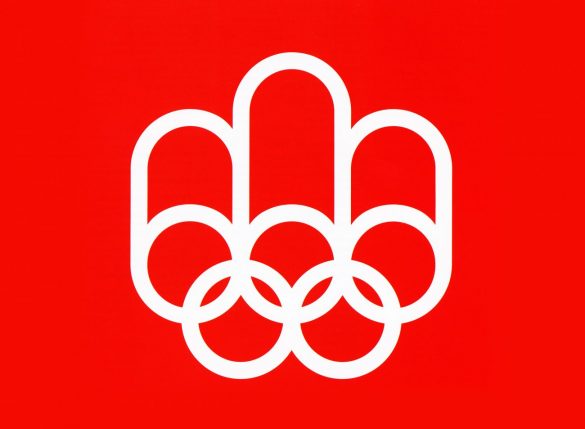
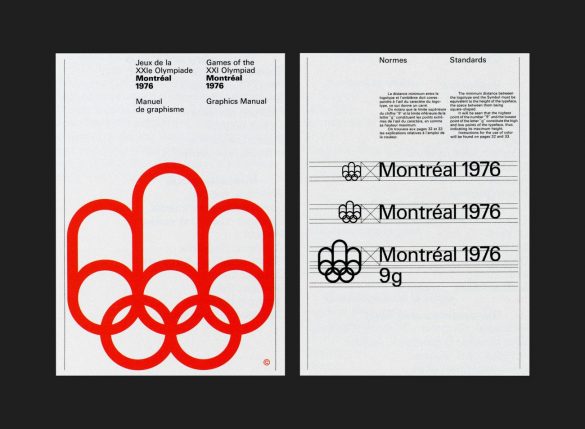
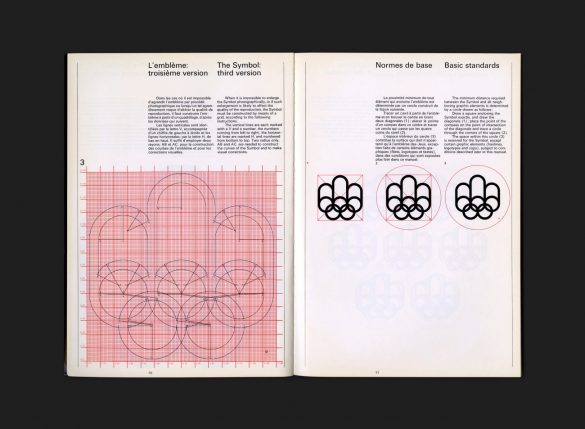
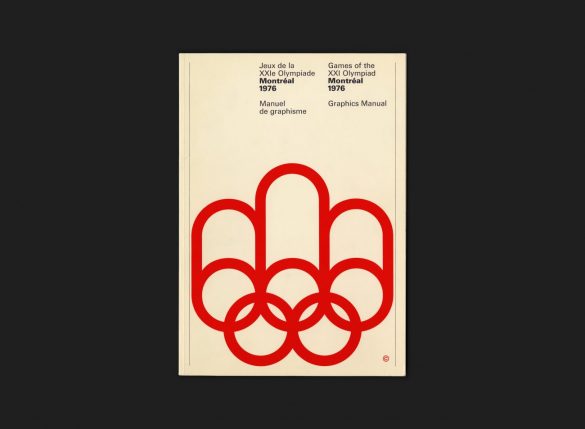
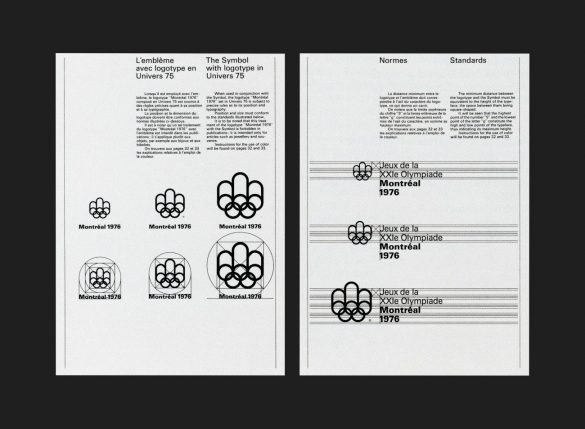
The full remastered collection…
